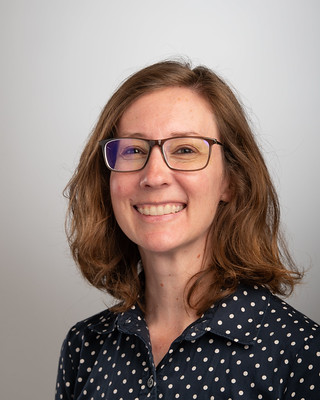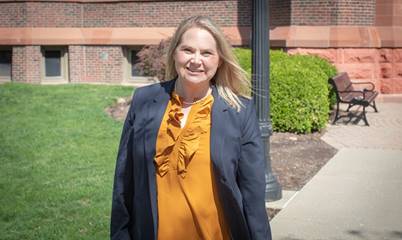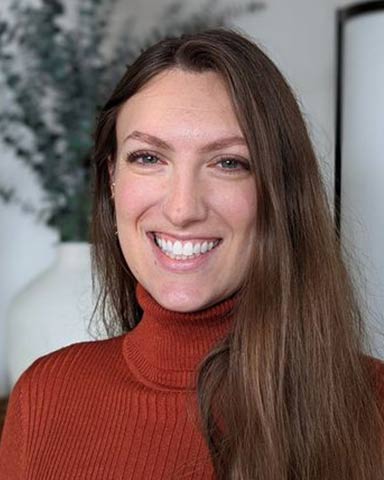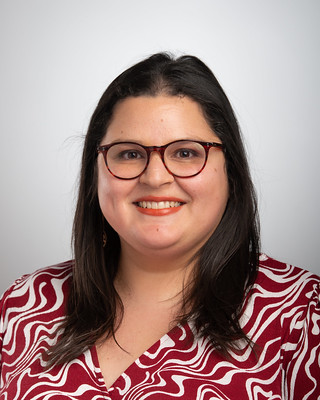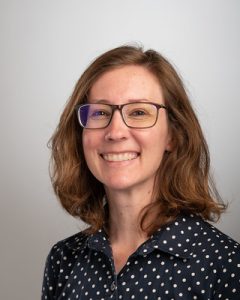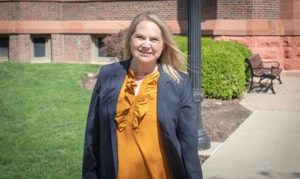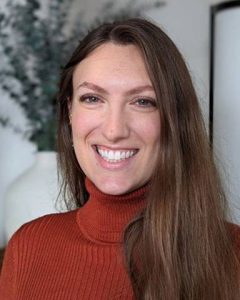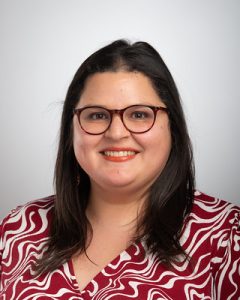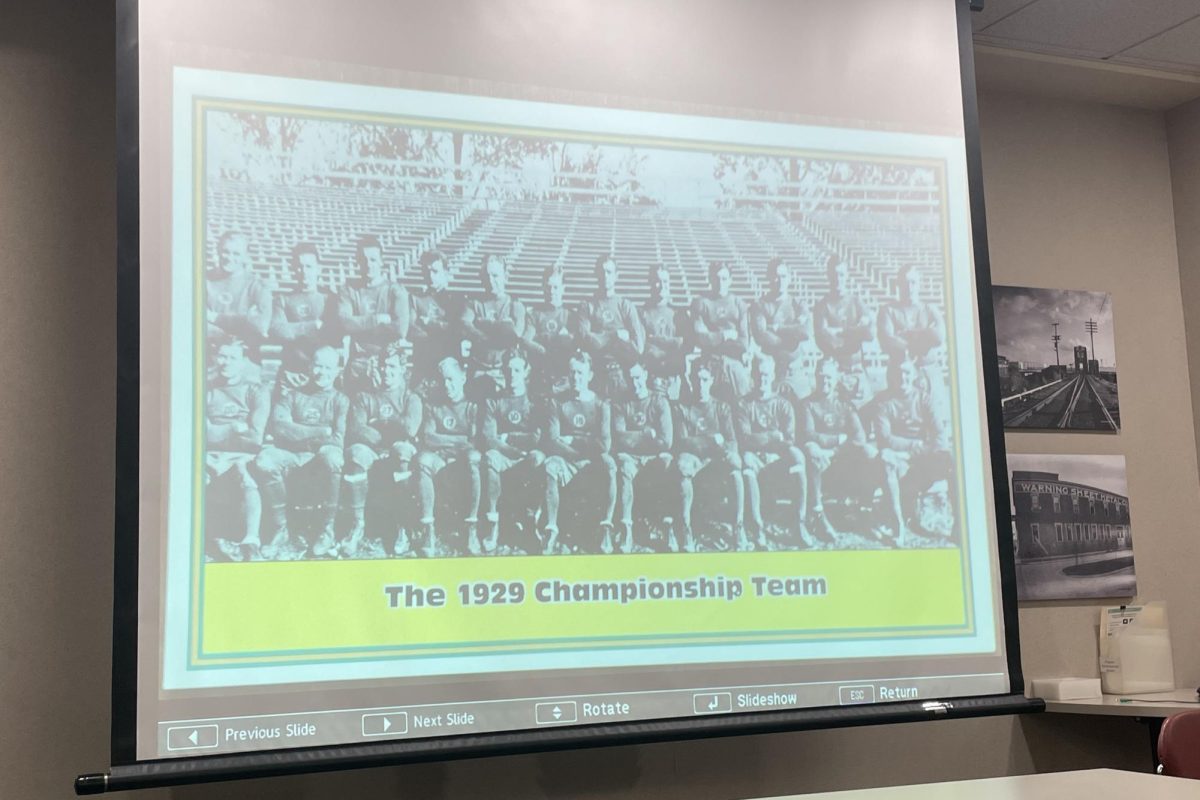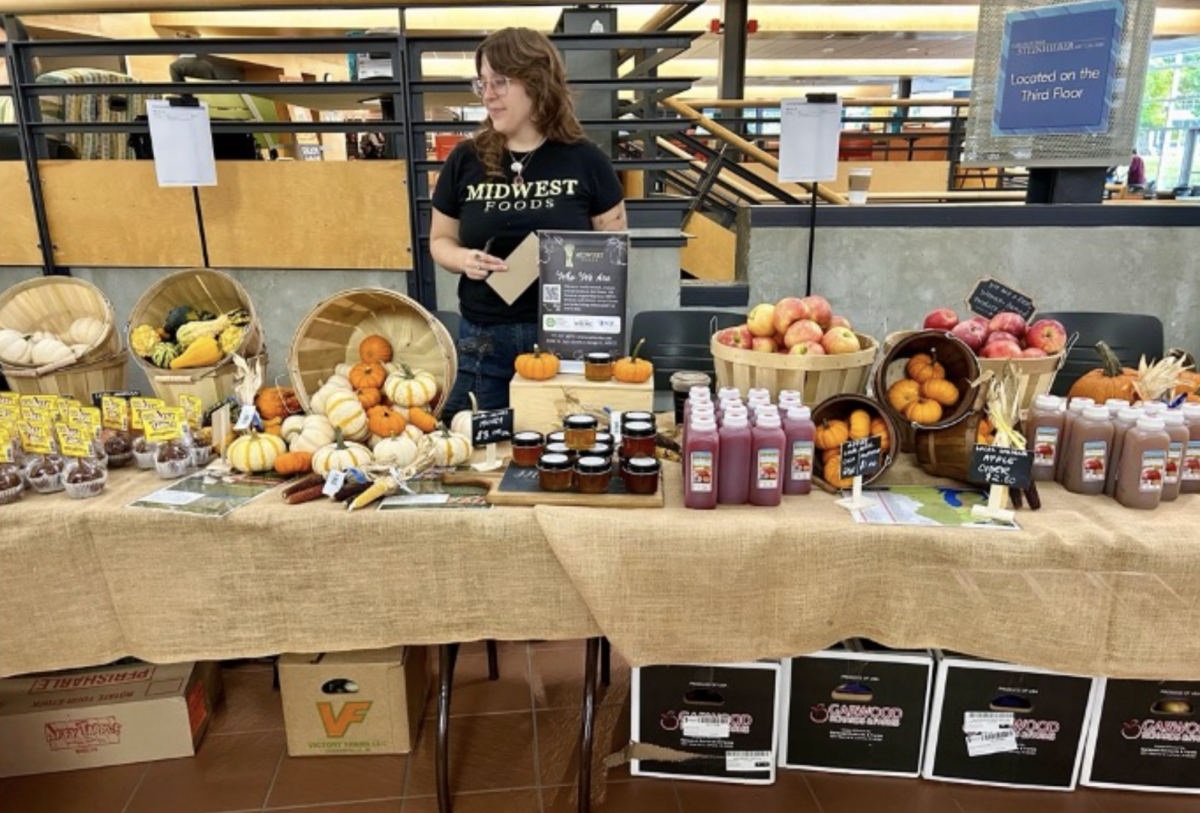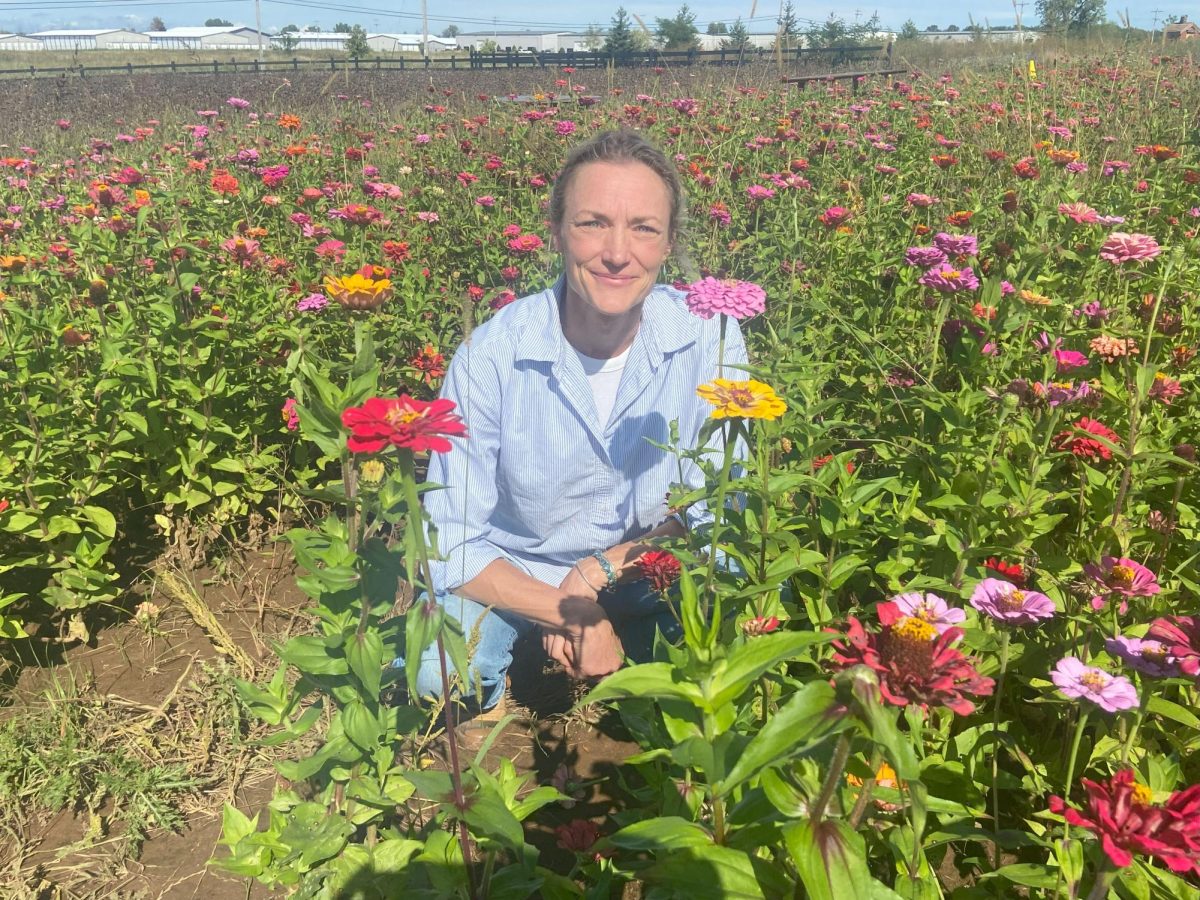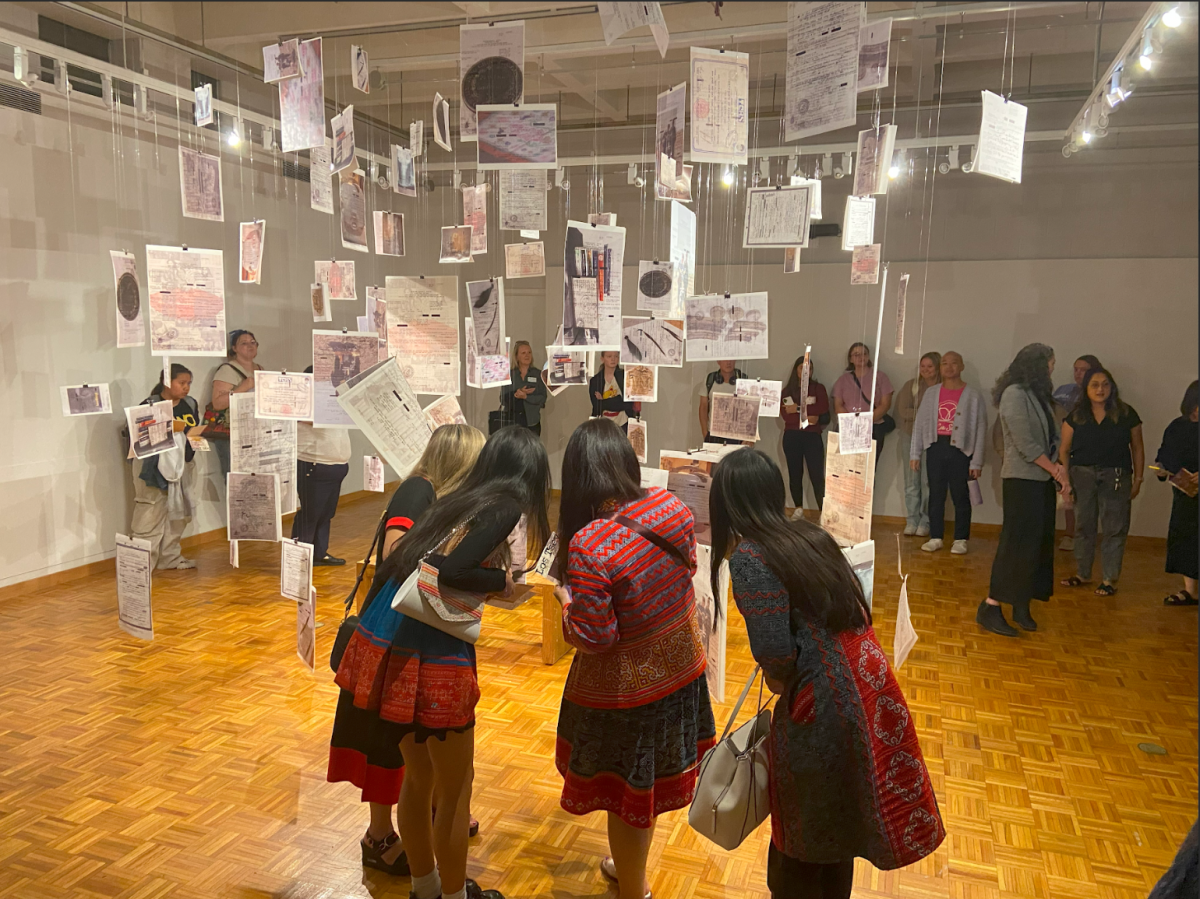The Women’s Center hosted a panel discussion on March 12th with four UWO professors in feminist and women-centered research, for Womxn’s HERstory Month, about the importance of female involvement in decision making, and how the past can be used as a tool for the future of women’s rights.
The panelists included Orlaith Heymann (sociology), Margaret Huettl (History & Indigenous studies), Kathryn Klein (English & women and gender studies) and Dr. Amber Lusvardi (political science).
“I would say being a feminist researcher means really centering the voices and perspectives and experiences that people have been traditionally left out of the literature,” Lusvardi said. “Using a feminist lens looks like adding all of this new value – it’s not add women and stir, but it’s more like creating something that’s entirely new.”
Lusvardi said the importance of her continued work in feminist research, with an emphasis in political science, is to get women’s issues onto the policy agenda.
“Our research is absolutely integral to understanding public policy, and particularly public policy that impacts marginalized communities,” Lusvardi said. “The fight for rights is not linear, but the research does give us a pathway. What’s been effective, who has been effective and how do we manage to get these issues onto the policy agenda?”
Huettl’s research focuses on Ojibwe/Anishinaabe sovereignty and treaty rights, Indigenous Studies, North American West, Indigenous sustainability and resilience and digital humanities.
As a historian, Huettl works to uncover and restore government archives that silence indigenous women’s voices.
“There is no way to talk about indigenous history without the indigenous feminist perspective,” Huettl said. “My job is to find ways to pull those perspectives back into the stories through oral tradition, interviews and through all of the other knowledge that helps make up a story.”
Huettl said that indigenous women’s perspectives are sometimes deliberately erased from archives. In the case that these stories are uncovered, they are oftentimes told from a man’s perspective. Huettl works to fill in the gaps of missing indigenous female voices in history.
“Figuring out how to recover and restore those silences has been a big challenge, but the flip side of that is that it’s also been one of the greatest learning opportunities for me,” Huettl said. “Just because there are those silences in what we consider the archives, there are all of these alternate archives out there – elders that I talk to – they’re also filling in a lot of the gaps in the archives.”
Heymann’s research examines how people navigate contentious health contexts such as sex education and abortion.
Heymann explained that feminism from a sociological perspective acts as a lens we can use to view the world around us.
“I think feminism is something that you do, but it’s also a theory about how the world works, and how we might actually imagine the world in a way that makes it work better for a greater swath of people,” Heymann said.
Heymann said a lot of the challenges revolving around feminist focused research in sociology stem from the failure to acknowledge early foundations of discipline.
“A lot of our early foundations come from women,” Heymann said. “But we [in sociology] think of the Big Three: Marx, Weber and Durkheim. All three are European white guys. And it turns out that Harriet Martineau [an English social theorist] was actually writing about society and sociology long before Marx and Weber were alive.”
Heymann said that in her own career she has faced moments of silencing throughout her path of feminist-focused research.
The future of women’s rights and representation lies in the ability to understand the past.
“The stigma and silencing goes on in both small and big ways,” Heymann said. “There’s no one right way to be a feminist and no one right way to do feminist research.”


